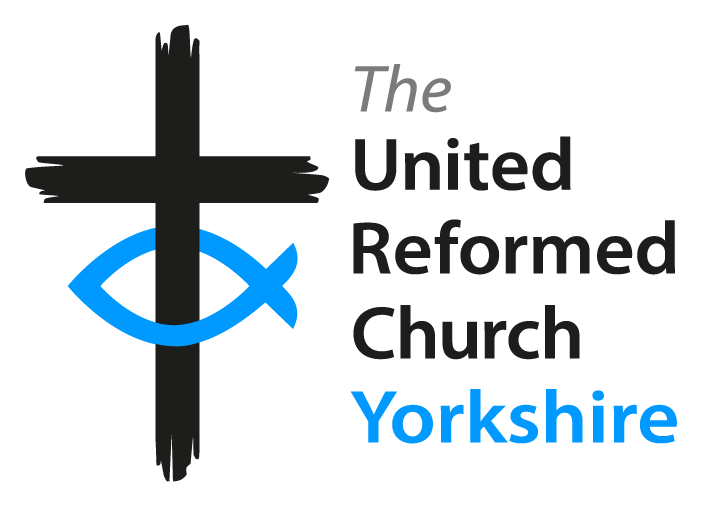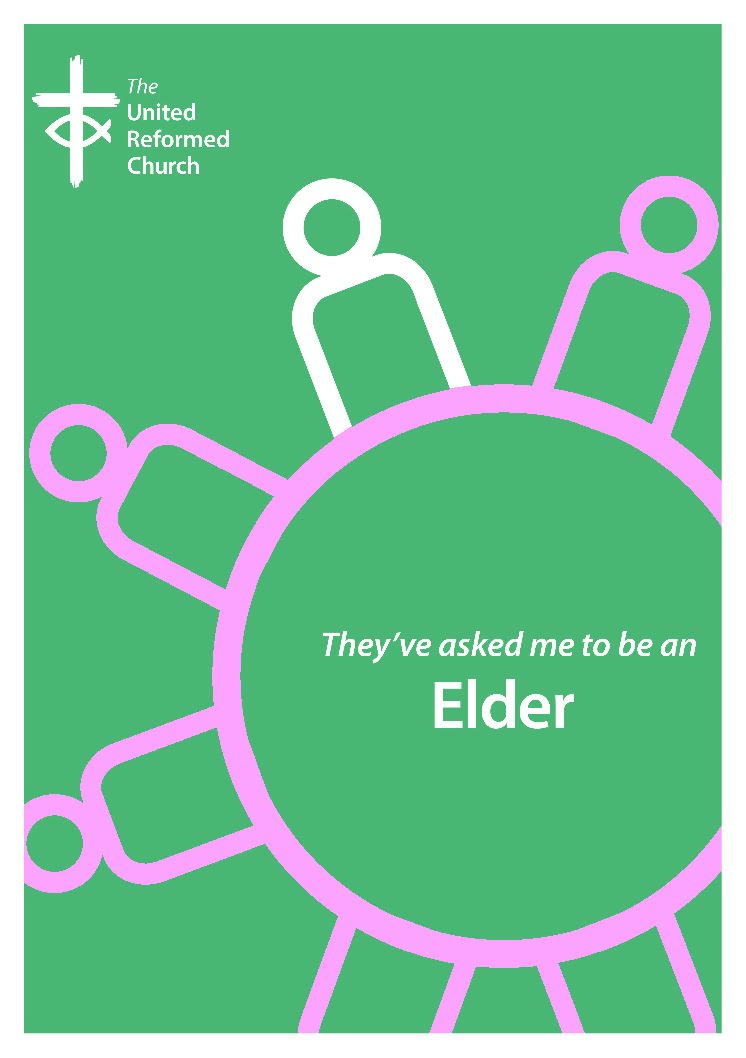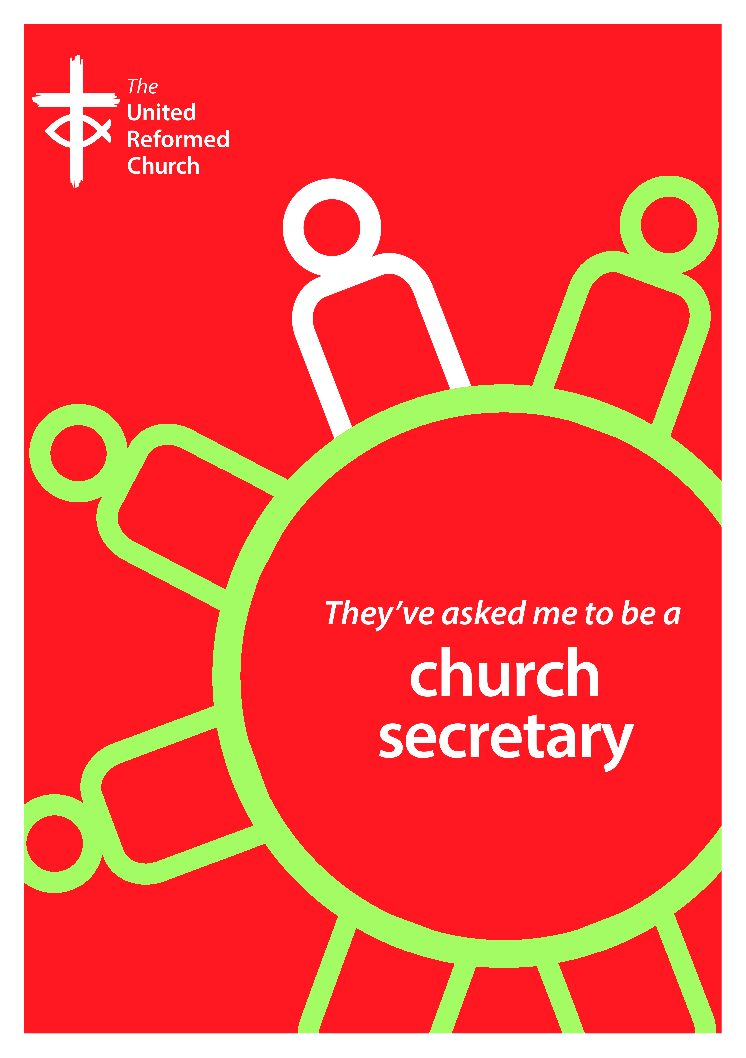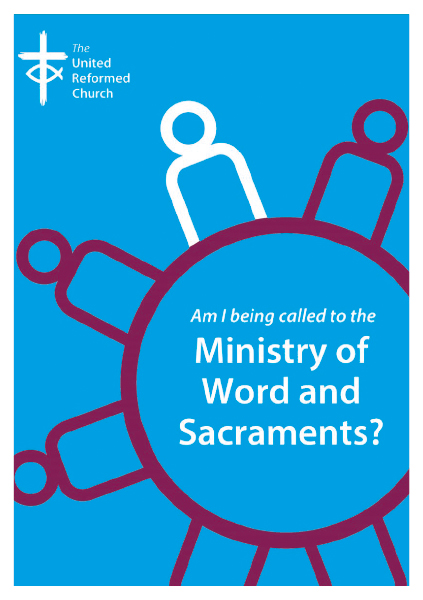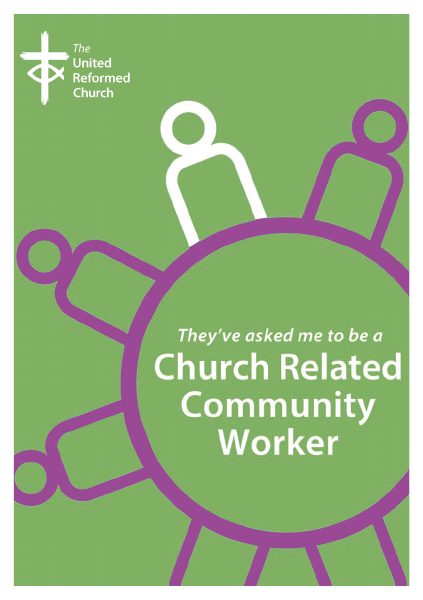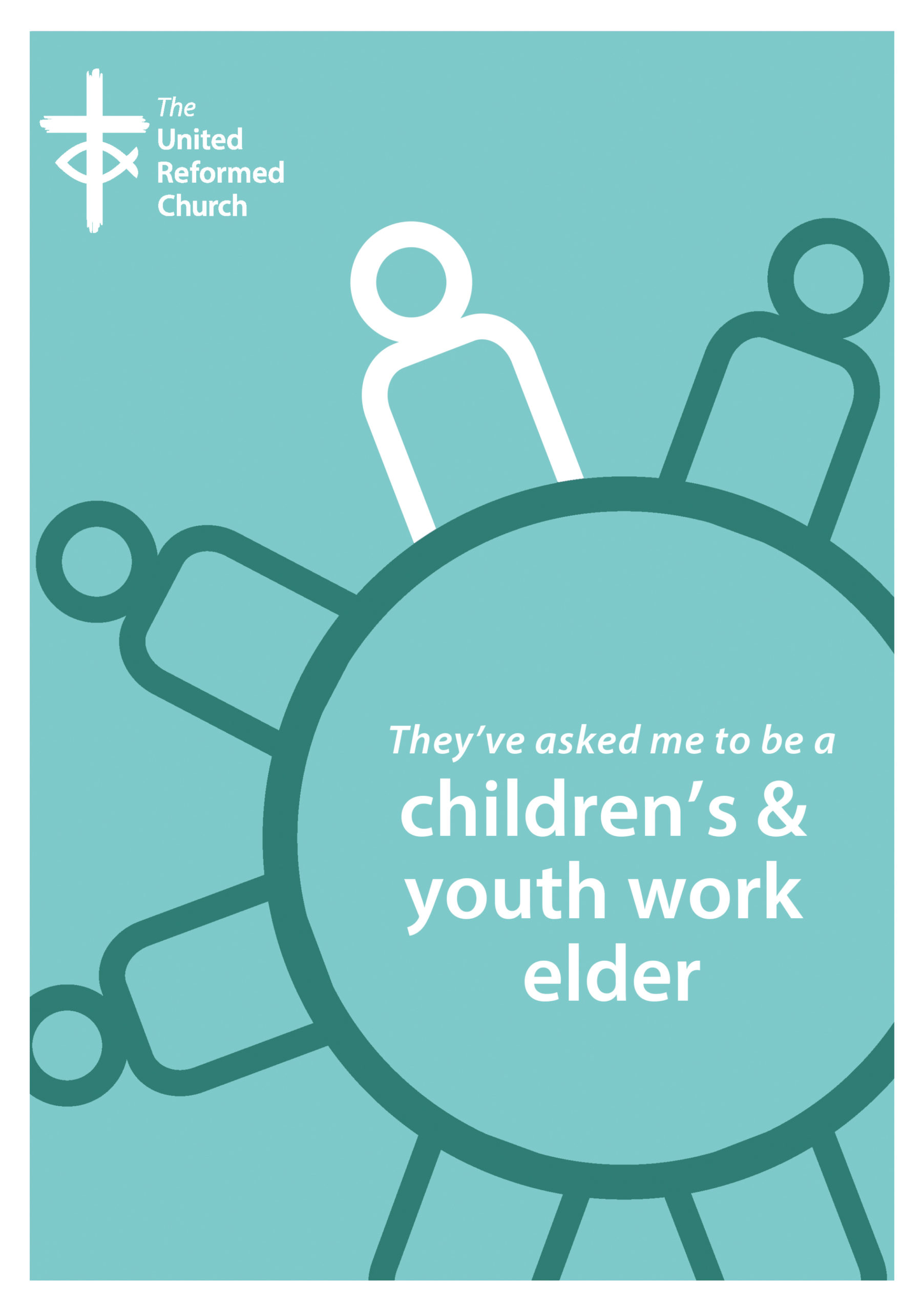Exploring Ministry
The United Reformed Church recognises that ministry is so much more than just those who are called to be ‘Ministers’. As such, we put a lot of emphasis on lay leadership too.
Jesus didn’t just ask those with a Revd. in front of their name to spread and preach his word, in fact, he didn’t ask them at all (all the priests of Jesus’ time were opposed to him)! We believe everyone has a role, however big or small, to spread the good news of Jesus Christ.
For some in the URC, their ministry takes the form of Ministry of Word and Sacraments. For some, Church Related Community Work (CRCW). Others become accredited lay preachers, elders. All of these things involve various levels of training.
In Yorkshire, the work of Ministers of Word and Sacraments, CRCWs, Elders etc. is overseen by the Ministries Committee. Training for these roles is also supported by this committee too.
If you’re feeling called to explore any of these forms of ministry, or just want to know some more. Please do get in touch! Or find out a bit more below.
Ministry of Word and Sacraments
Ministers of Word and Sacraments serve in a stipendiary or non-stipendiary capacity and may work alongside the elders or in a team with other stipendiary or non-stipendiary colleagues. Local church ministry is exercised in an individual church, or a group/team, which may be ecumenical and/or in a team with Church Related Community Workers or local church leaders.
There are four models of Non-Stipendiary Service, these various models all help individuals who may not feel that full-time ministry is for them:
1. Service in a congregation as part of a team;
2. Pastoral charge of a small congregation;
3. Ministers in secular employment;
4. Locally Ordained Ministry (i.e. To a particular setting).
Church Related Community Work (CRCW)
Church related community work is a distinctive and recognised ministry within the United Reformed Church and CRCW’s play a vital role in the denomination’s community involvement. URC CRCW’s are called by God, professionally and theologically trained and then commissioned to help the church to live out its calling.
CRCW’s use the principles of community development to respond to and challenge the issues facing their particular neighbourhoods and communities and work alongside a wide range of individuals, groups and organisations, developing initiatives and projects to transform individuals, churches and communities.
Elders
Being an elder means you are called to be part of a ‘team’, since an elder is someone who joins with others to form the elders’ meeting of the local congregation.
The functions of eldership in the United Reformed Church have been laid down in the Basis of Union, with the main ones being to foster in the congregation concern for witness and service to the community, evangelism at home and abroad, Christian education, ecumenical action, local inter-church relations and the wider responsibilities of the whole church;to see that public worship is regularly offered and the sacraments are duly administered, and generally to promote the welfare of the congregation; and to ensure pastoral care for the congregation, in which the minister is joined by elders having responsibility for groups of members.
One elder is usually the Church Secretary, another the Treasurer, the remainder often fill up roles specific to the needs of the local church.
Lay Preaching
This accreditation will be affirmed at a Commissioning service, normally at the lay preacher’s own church, and acknowledged by the Synod. This accreditation is also recognised by other denominations.
In many churches lay people who do not have Assembly Accreditation lead worship to the great benefit of the churches. The Synod offers all those commended by their church oportunities to undertake some introductory training, working alongside an accredited lay preacher or minister.
All those who lead public worship, whether only in their own church or in other churches as well, are encouraged to find opportunities to develop their skills and understanding, to meet with other lay preachers to share ideas and to gain and give mutual support.
Could any of this be you?
These are just five of a wealth of useful information booklets that the United Reformed Church has produced, based around various roles. You can find the rest here.
